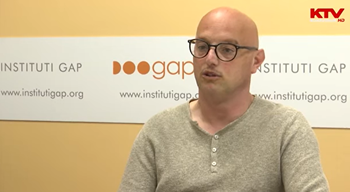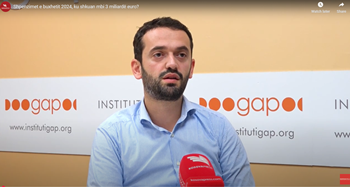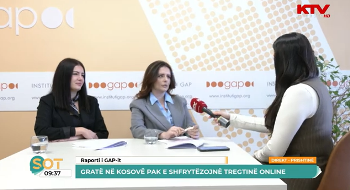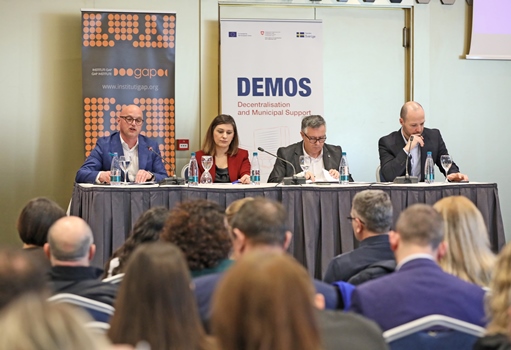Public procurement in Kosovo and inclusive economic empowerment
01/12/2023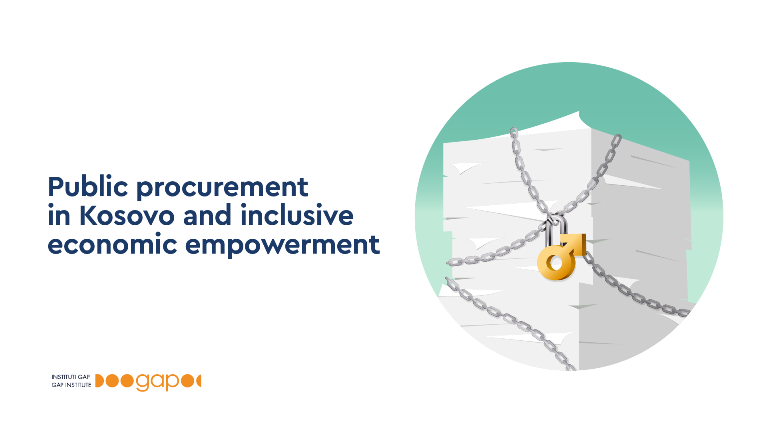
Today, Gap Institute published the report “Public procurement in Kosovo and inclusive economic empowerment”.
Official data for 2022 show that in Kosovo, public procurement accounted for 6.5% of the Gross Domestic Product (GDP). Despite international best practices towards women economic empowerment and the advancement of gender equality, women remain underrepresented in public procurement in Kosovo.
The Law on public procurement governs public procurement procedures in Kosovo; however, this law lacks any gender perspective and is not aligned with the Kosovo Law on gender equality. According to the Law on Gender Equality all public institutions, including ministries, municipalities, and any other contracting authority, are required to gender mainstream their activities.
In an attempt to determine the scope of gender-responsive procurement practices in Kosovo, GAP Institute examined a total of 9,673 public procurement contracts in 2022, and analyzed the awardees by contracting authority, such as central and local level government, independent institutions, and public enterprises. The findings of the report show that, 81.1% of businesses were awarded to economic operators owned by men, 10.3% to economic operators owned by women, 5.8% were awarded to businesses co-owned by at least one woman, and for 2.7% of the awarded contracts, the gender of the economic operator owner(s) is unknown. Economic operators owned by men were awarded 405 million euros or 78.7% of the total amount in 2022, while those owned by women were awarded 25.4 million euros or 4.9%.
GAP Institute recommends gender mainstreaming throughout the entire public procurement process, in accordance with the Kosovo legal framework, and international best practices of genderresponsive procurement; Targets and/or quotas should be introduced for the participation of women-owned businesses in procurement processes as provided in the Law on Gender Equality; Gender-disaggregated data should be systematically collected to track women-owned business participation, number of women employees at bidding business organizations, and the impact of procurement decisions on gender equality.
Te read the full report click HERE.








